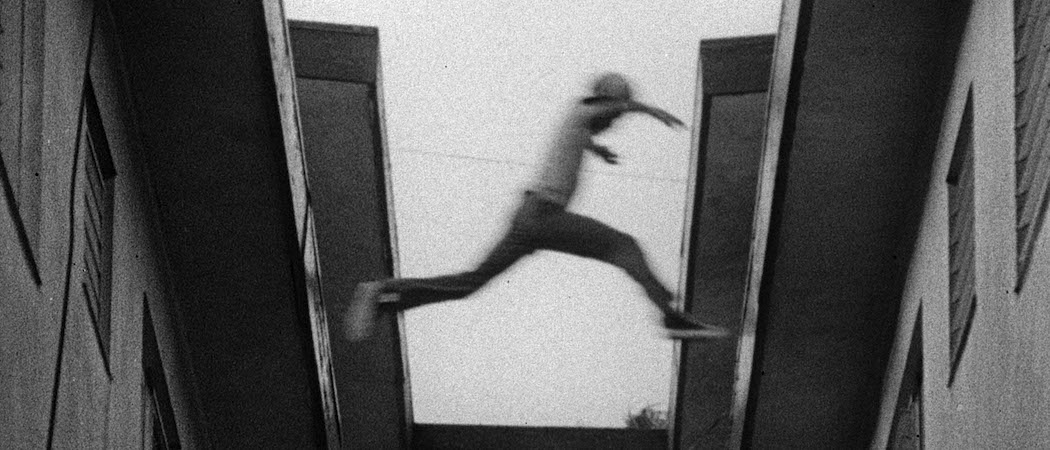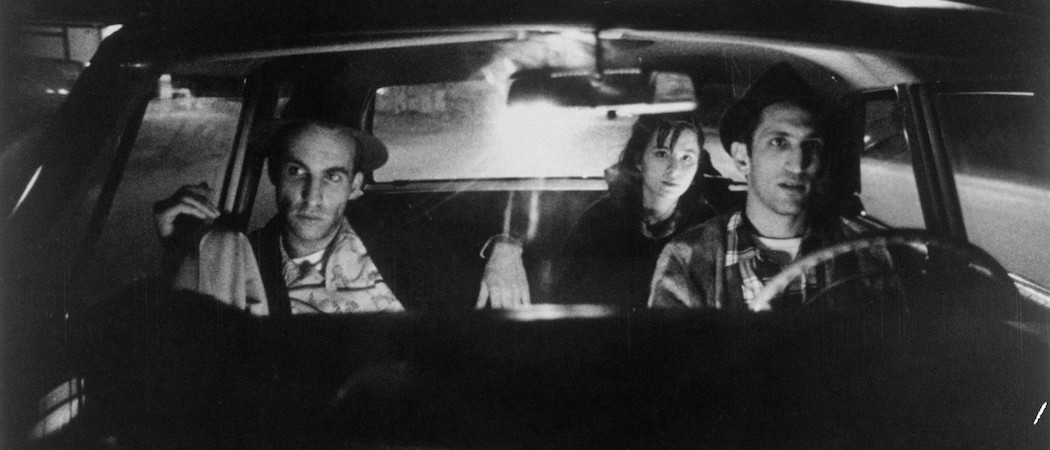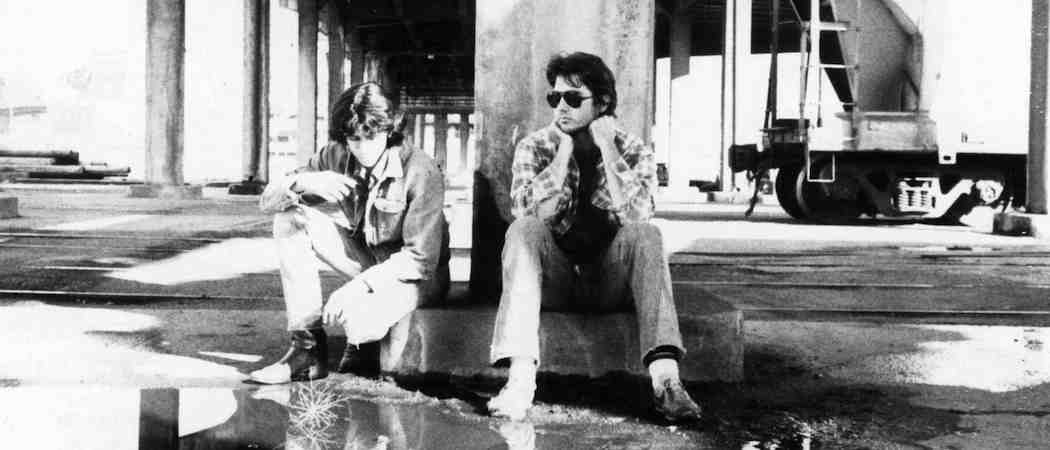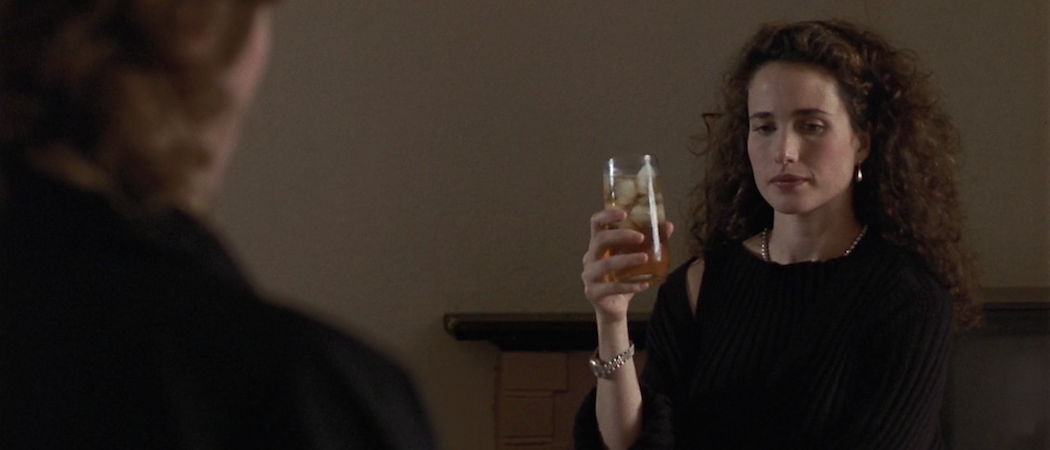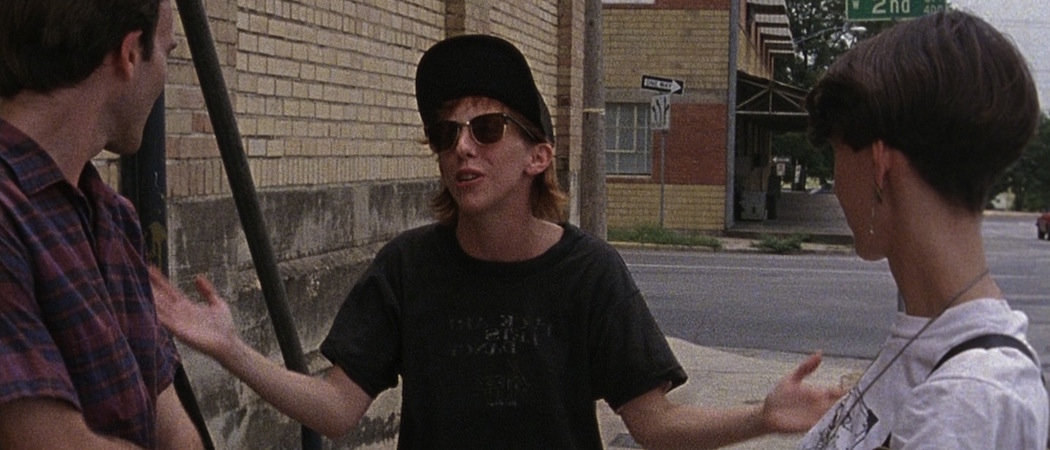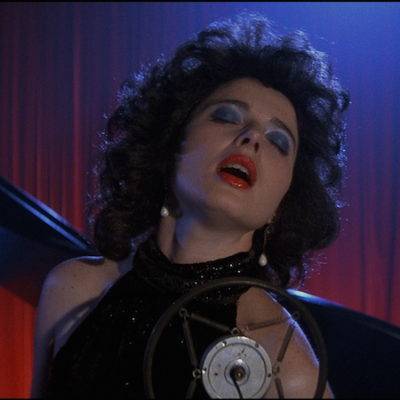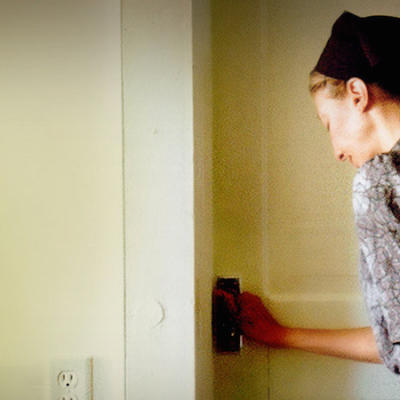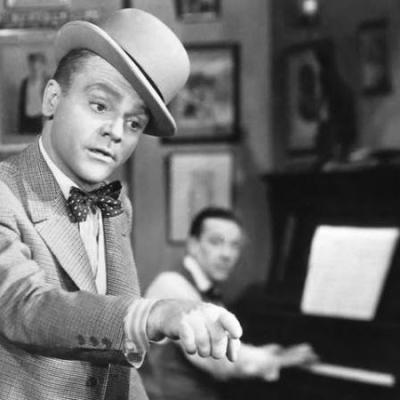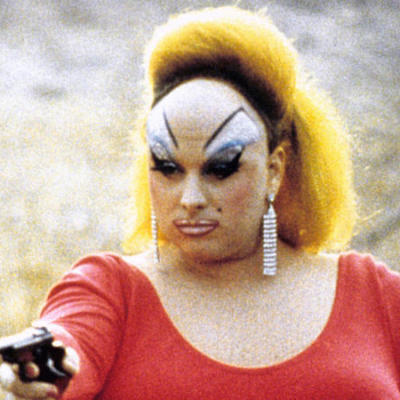Times have changed, and now independent films, rather than being completely outside of the machinations of the film industry, have become an industry unto themselves. Looking back on the history of independent films, there are trends of shoestring budgets, non-professional actors, groundbreaking (sometimes taboo) themes, and some of the most inspired and uncompromising filmmaking ever. These five independent films best represent the independent spirit, which is what has made them such profoundly important and influential works of cinema.
Killer of Sheep (1978)
Charles Burnett's masterpiece was made on a budget of only $10,000, which unfortunately was not enough to cover licensing for the many songs on its soundtrack including artists like Dinah Washington and Paul Robeson. So, following a rapturous response at several international film festivals, Killer of Sheep didn't see a theatrical release for nearly thirty years. The film that was hidden away for so long is a strikingly free-form non-narrative, set in the Watts neighbourhood of Los Angeles and focused around slaughterhouse worker Stan and his family. In minuscule episodes, the audience is shown how the repetitive and draining work that Stan does has sucked all of the happiness out of his life, and while this is no exploitative ghetto story, it's an unflinchingly realistic portrayal of the plight of African-Americans in a world that was not made with them in mind.
Stranger than Paradise (1984)
Jim Jarmusch made his first enduring mark on the world of film with the offbeat comedy road movie Stranger than Paradise. The film grew from a short that Jarmusch shot on film stock donated to him by the great Wim Wenders, with that thirty minute short eventually becoming the first act of this still utterly unique film. The plot is threadbare - New York hipster Willie (John Lurie) lets his cousin Eva (Eszter Balint) stay in his apartment while visiting from Hungary before she heads on to Cleveland, then Willie and his pal Eddie (Richard Edson) go to Cleveland to visit her after winning some money - but the execution is marvellous. Each scene is a single shot bookended by the stony silence of black leader, the camera does not move, and the characters talk about nothing of consequence, but ultimately Stranger than Paradise is an absolutely life-affirming work of art.
Mala Noche (1985)
While queer cinema very much existed prior to Gus Van Sant, it was with his help that it slowly inched toward popular recognition. Rather than the vastly experimental (and, to their undying credit, fiercely independent) films that characterised the queer underground prior, Mala Noche is quiet, langurous and reflective, in the style for which Van Sant became known. The film is in black-and-white, but it presents complex relationships driven by race, gender, ethnicity and class that are anything but. Tim Streeter plays a gay store clerk named Walt, who is infatuated with the young Mexican man Jonny (Doug Cooeyate), and also involved with the latter's companion Roberto (Ray Monge). Without Mala Noche, it's possible that acclaimed and similarly mature queer love stories like Weekend (2011) would possibly have never made it to the silver screen.
Sex, Lies & Videotape (1989)
Sex has long been a motivating factor behind many many films, but there are few that dispense with the taboos surrounding sex like Steven Soderbergh's debut feature. The erotic drama stars Andie MacDowell as Ann, a housewife who seems unaware of her own dissatisfaction with her life. She is also oblivious to the fact that her husband John (Peter Gallagher) is sleeping with her sister Cynthia (Laura San Giacomo). When Graham (James Spader), one of John's old friends from college, comes to visit, Ann's life is turned upside down and she must confront her own issues with intimacy and self-love. This quietly intense film belies its low budget origins with a sophisticated and inventive structure of overlapping scenes that articulately and compellingly deconstructs the ever-present male gaze and the subconscious battles for control that inform even the most mundane aspects of our lives.
Slacker (1991)
1991 is known as the year punk broke, thanks to the explosion of the nascent grunge movement, and right alongside it was Richard Linklater's Slacker. If there's such thing as punk cinema, then this is it. The film follows various different characters as they interact and cross paths over a single day in Austin, Texas. There is no overarching plot, but Linklater's characters are finely drawn and superbly acted as they come and go through a series of events that range from the banal to the bizarre. The greatest moment in the film stars Teresa Taylor (drummer of the punk rock band Butthole Surfers) as she assails a couple trying to have a conversation and attempts to sell them what she claims is "Madonna's pap smear," before launching into a ridiculous story about "some chick who had a bullet lodged in her ponytail." Slacker would have you believe it's just another day in the life.
